

Kneecap
Our Kneecap services
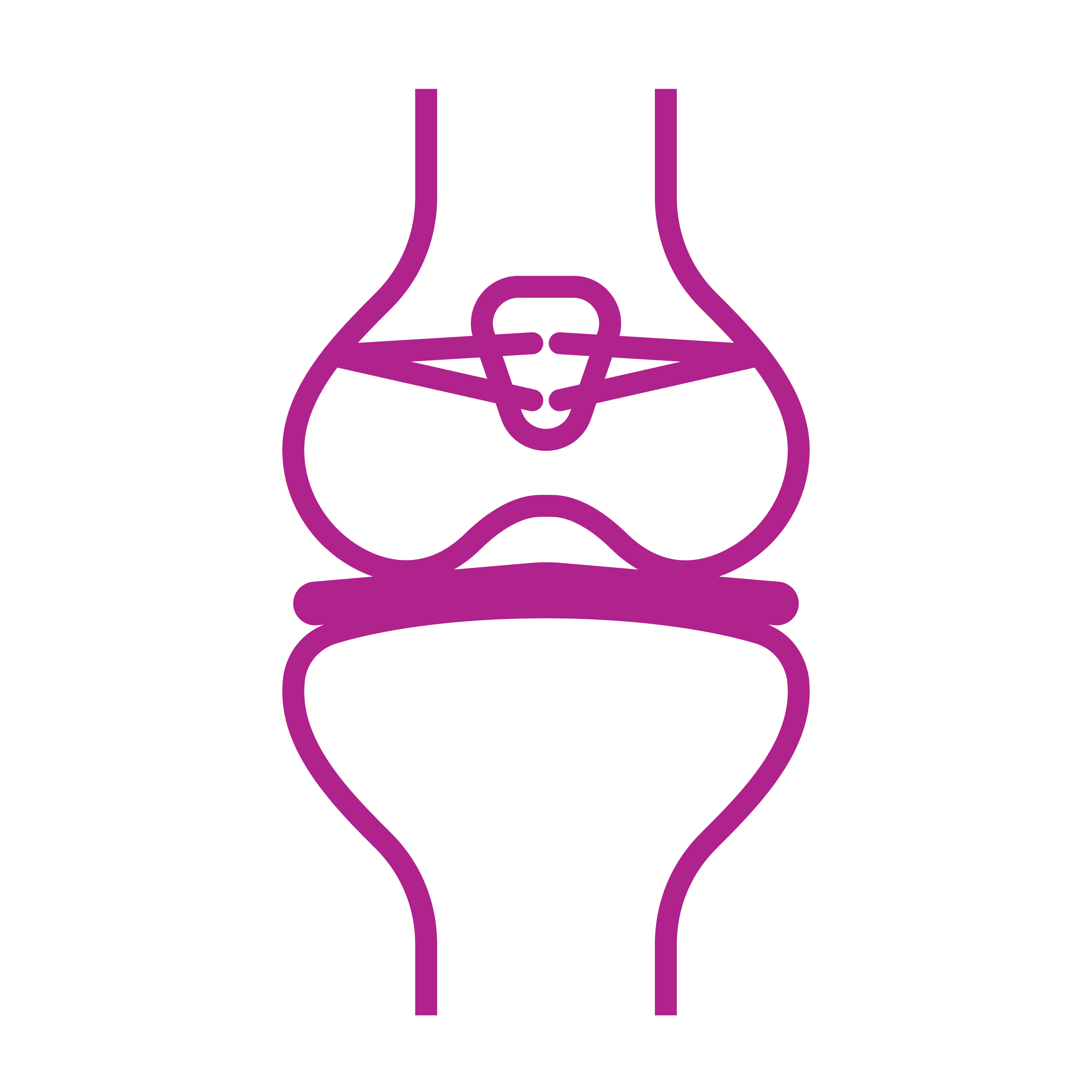

MPFL repair


Chondromalacia
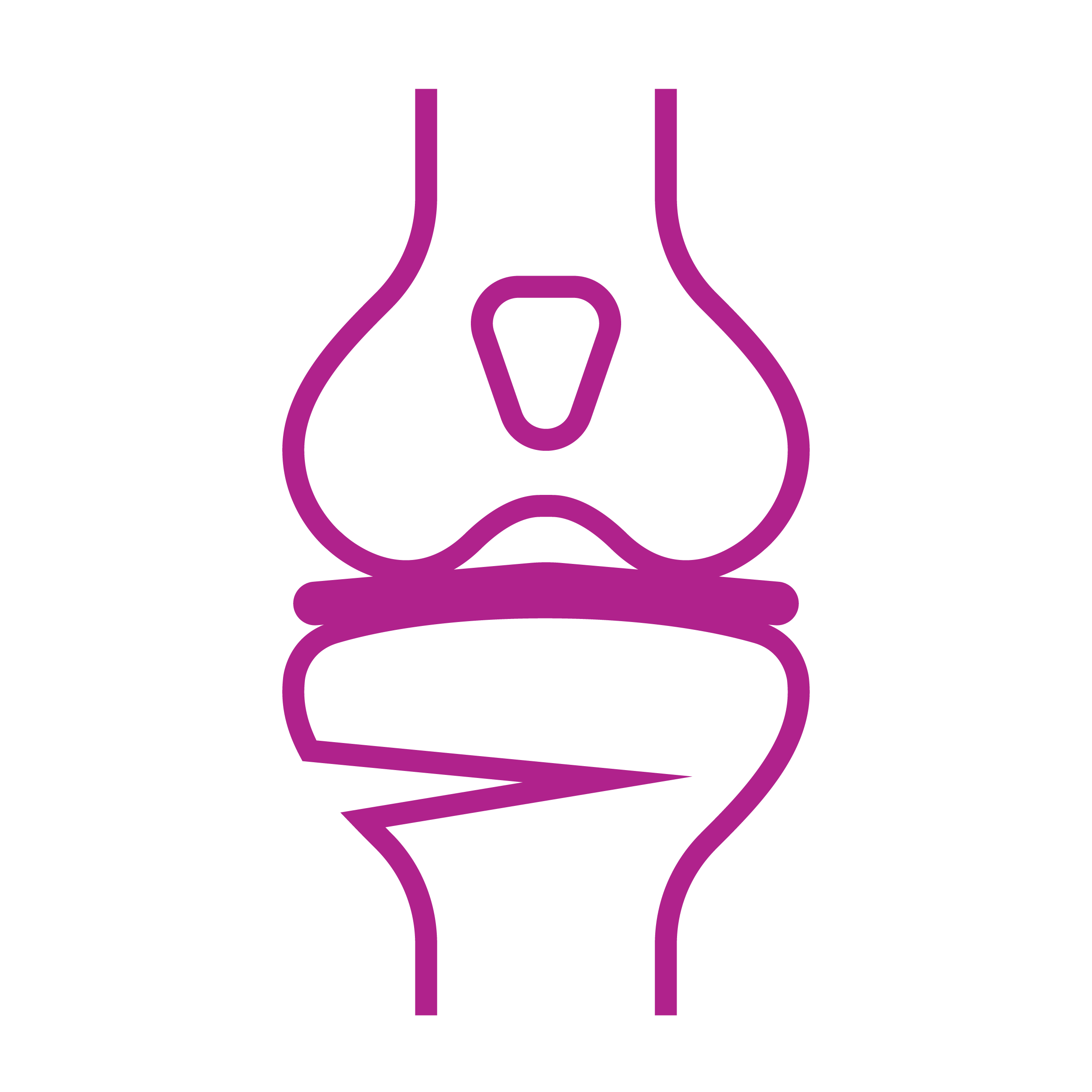

Osteotomy
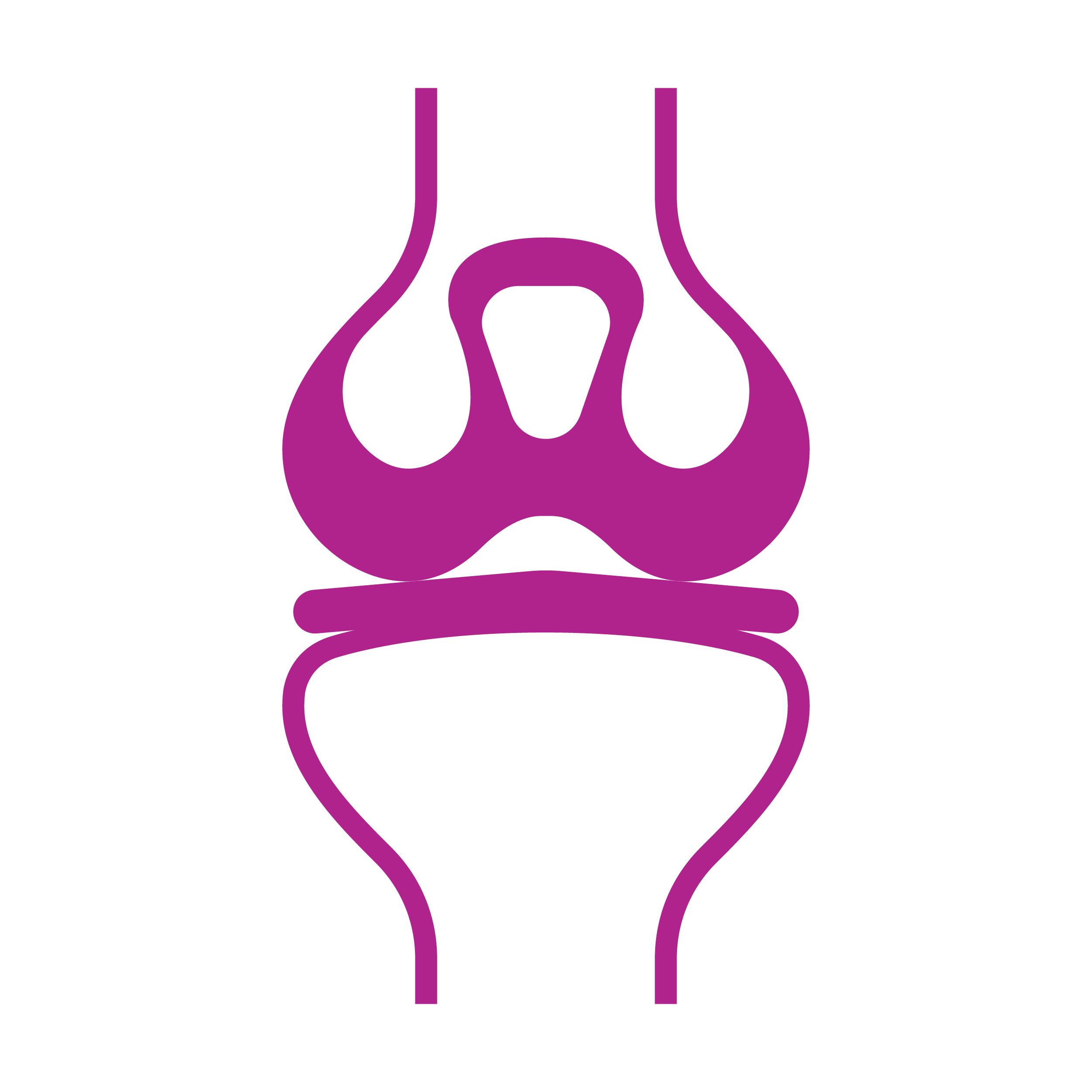

Joint Replacement
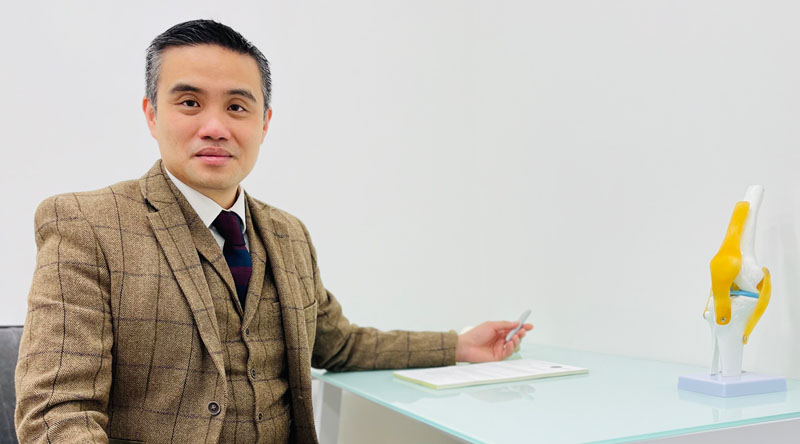

What is the kneecap?
The patella (kneecap) is a small, roughly triangular shaped bone that makes up part of the knee joint. It serves to protect the soft tissues and leg bones that are responsible for allowing the knee to bend. However, the kneecap also provides additional leverage for the leg muscles responsible for dictating knee motion. The back side of the patella is covered by a layer of cartilage which allows it to slide across the thighbone as the knee flexes.
Symptoms of kneecap dislocation
A dislocated kneecap is where the patella is moved out of its usual place where the femur, tibia, and fibula meet. It is usually caused by an impact, such as from a fall or a vehicle collision. If you have a dislocated knee, you are likely to experience the following symptoms:
- Visual deformity.
- The kneecap is moved to the side of the knee.
- You are unable to straighten the knee.
- Swelling, tenderness, and pain.
- Inability to walk.
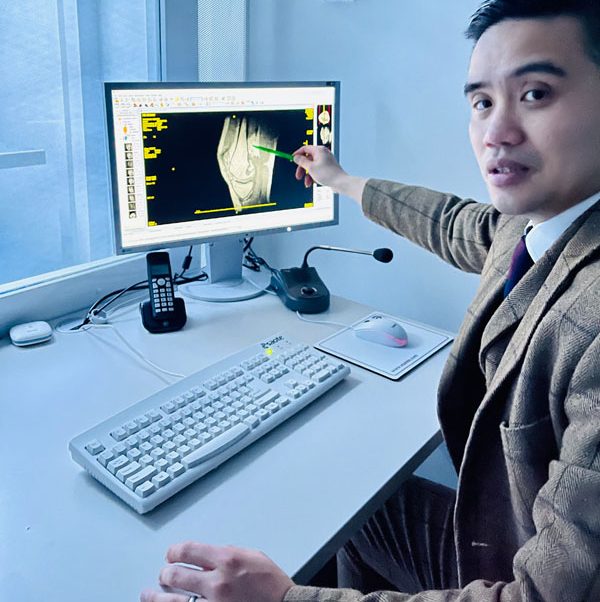

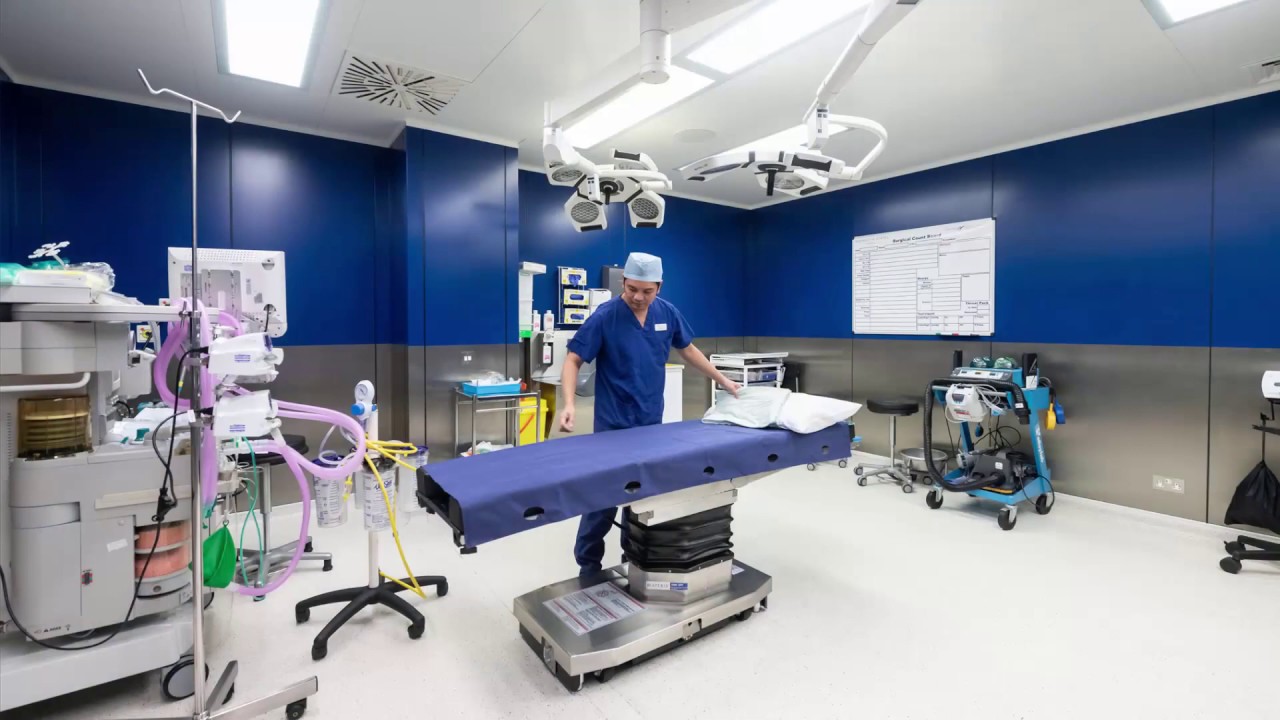

Treatment options for kneecap dislocation
There are many options available when it comes to kneecap dislocation treatment which vary in their application. These range from kneecap dislocation surgery to targeted repair procedures and treatments to strengthen the tissue surrounding the patella. Regardless, a healthcare professional will first assess the severity of the dislocation to advise accordingly. The types of knee dislocation are medial, lateral, rotary, anterior, and posterior.
How can London Cartilage Clinic help?
By adhering to the highest standards of surgical practices, we ensure our patients’ kneecap dislocation recovery time is as short as possible. We are constantly seeking the best ways to treat cartilage damage throughout the body, but especially to key areas such as the kneecap. As such, we have refined our treatments and surgical approach over time to ensure we always deliver the best results and experience for our patients.


Frequently Asked Questions
We treat a variety of kneecap issues, including patellofemoral pain syndrome, chondromalacia patellae, dislocations, and fractures. Our treatments range from physiotherapy and bracing, key-hole STARRs internal bracing to complex surgical interventions, depending on the severity and nature of the condition.
At the London Cartilage Clinic, the diagnosis of kneecap problems begins with a thorough clinical assessment, which includes a detailed review of the patient’s medical history and a comprehensive physical examination. To gain an accurate understanding of the condition, we employ advanced imaging technologies such as MRI and CT scans, which provide detailed insights into the state of the kneecap and the surrounding structures. A traditional X-ray can only provide a very limited information. For more complex cases, where standard imaging might not suffice, our clinic offers an innovative in-clinic procedure known as dynamic needle arthroscopy. This minimally invasive technique allows us to assess the internal structure of the knee joint in real time, providing us with a more precise and direct evaluation. This comprehensive approach ensures accurate diagnosis, which is critical for developing effective treatment plans tailored to each patient’s specific needs.
Treatment options vary based on the individual’s condition but can include physiotherapy, orthotics, pain management, and in some cases, surgery. Our focus is always on minimally invasive techniques and regenerative treatments to preserve as much natural structure and function as possible.
 Cartilage
Cartilage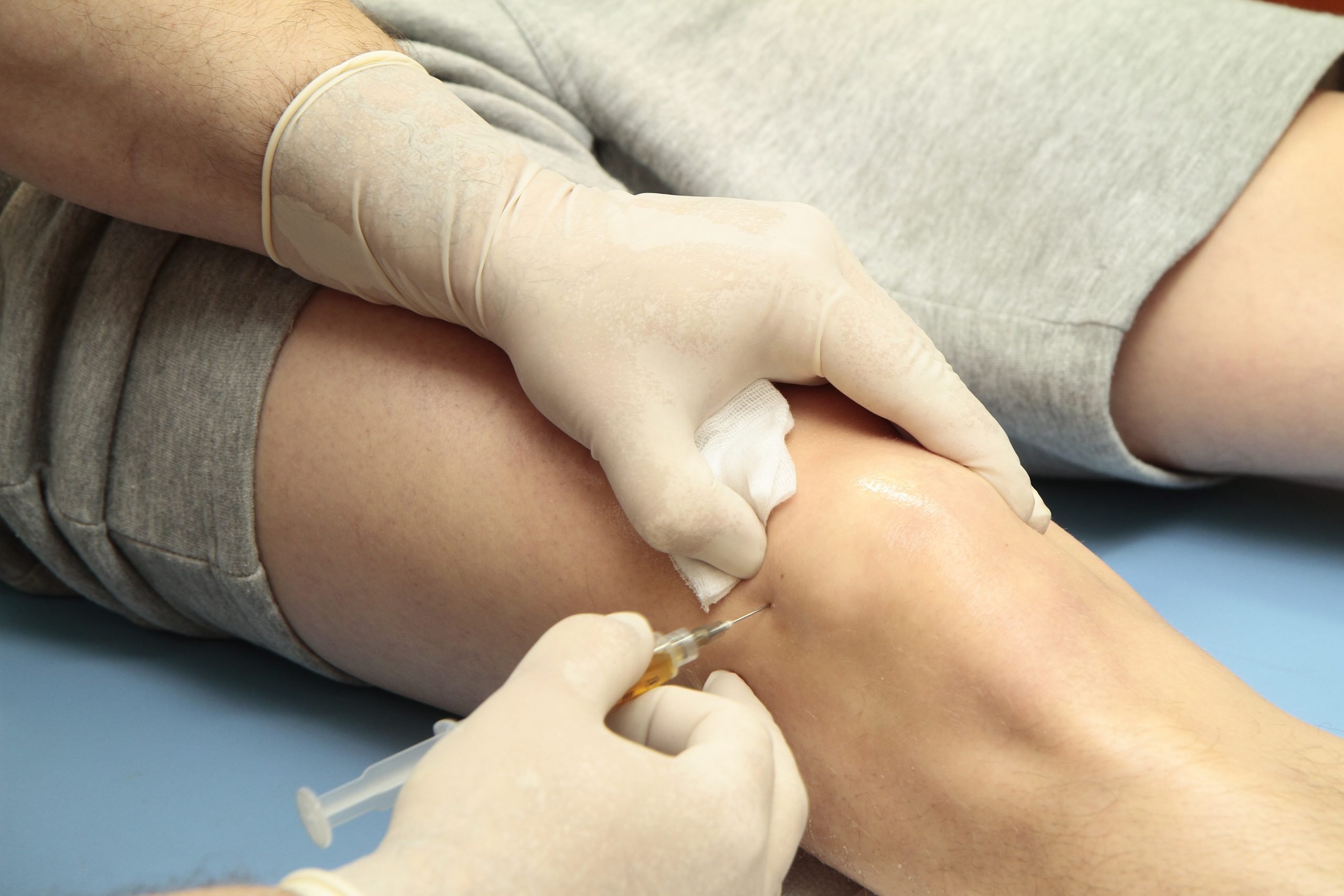 Knees
Knees
